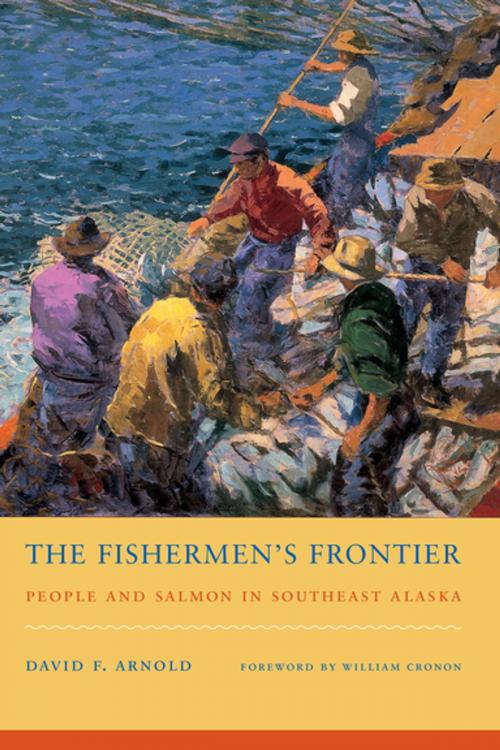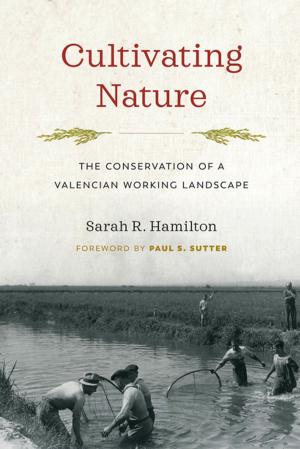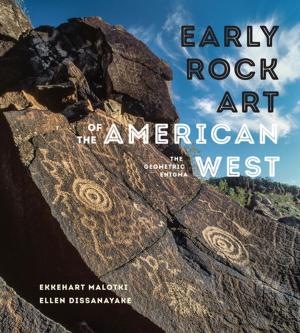The Fishermen's Frontier
People and Salmon in Southeast Alaska
Nonfiction, Science & Nature, Technology, Agriculture & Animal Husbandry, History, Americas, United States, Business & Finance| Author: | David F. Arnold | ISBN: | 9780295989754 |
| Publisher: | University of Washington Press | Publication: | November 17, 2009 |
| Imprint: | University of Washington Press | Language: | English |
| Author: | David F. Arnold |
| ISBN: | 9780295989754 |
| Publisher: | University of Washington Press |
| Publication: | November 17, 2009 |
| Imprint: | University of Washington Press |
| Language: | English |
In The Fishermen's Frontier, David Arnold examines the economic, social, cultural, and political context in which salmon have been harvested in southeast Alaska over the past 250 years. He starts with the aboriginal fishery, in which Native fishers lived in close connection with salmon ecosystems and developed rituals and lifeways that reflected their intimacy.
The transformation of the salmon fishery in southeastern Alaska from an aboriginal resource to an industrial commodity has been fraught with historical ironies. Tribal peoples -- usually considered egalitarian and communal in nature -- managed their fisheries with a strict notion of property rights, while Euro-Americans -- so vested in the notion of property and ownership -- established a common-property fishery when they arrived in the late nineteenth century. In the twentieth century, federal conservation officials tried to rationalize the fishery by "improving" upon nature and promoting economic efficiency, but their uncritical embrace of scientific planning and their disregard for local knowledge degraded salmon habitat and encouraged a backlash from small-boat fishermen, who clung to their "irrational" ways. Meanwhile, Indian and white commercial fishermen engaged in identical labors, but established vastly different work cultures and identities based on competing notions of work and nature.
Arnold concludes with a sobering analysis of the threats to present-day fishing cultures by forces beyond their control. However, the salmon fishery in southeastern Alaska is still very much alive, entangling salmon, fishermen, industrialists, scientists, and consumers in a living web of biological and human activity that has continued for thousands of years.
In The Fishermen's Frontier, David Arnold examines the economic, social, cultural, and political context in which salmon have been harvested in southeast Alaska over the past 250 years. He starts with the aboriginal fishery, in which Native fishers lived in close connection with salmon ecosystems and developed rituals and lifeways that reflected their intimacy.
The transformation of the salmon fishery in southeastern Alaska from an aboriginal resource to an industrial commodity has been fraught with historical ironies. Tribal peoples -- usually considered egalitarian and communal in nature -- managed their fisheries with a strict notion of property rights, while Euro-Americans -- so vested in the notion of property and ownership -- established a common-property fishery when they arrived in the late nineteenth century. In the twentieth century, federal conservation officials tried to rationalize the fishery by "improving" upon nature and promoting economic efficiency, but their uncritical embrace of scientific planning and their disregard for local knowledge degraded salmon habitat and encouraged a backlash from small-boat fishermen, who clung to their "irrational" ways. Meanwhile, Indian and white commercial fishermen engaged in identical labors, but established vastly different work cultures and identities based on competing notions of work and nature.
Arnold concludes with a sobering analysis of the threats to present-day fishing cultures by forces beyond their control. However, the salmon fishery in southeastern Alaska is still very much alive, entangling salmon, fishermen, industrialists, scientists, and consumers in a living web of biological and human activity that has continued for thousands of years.















